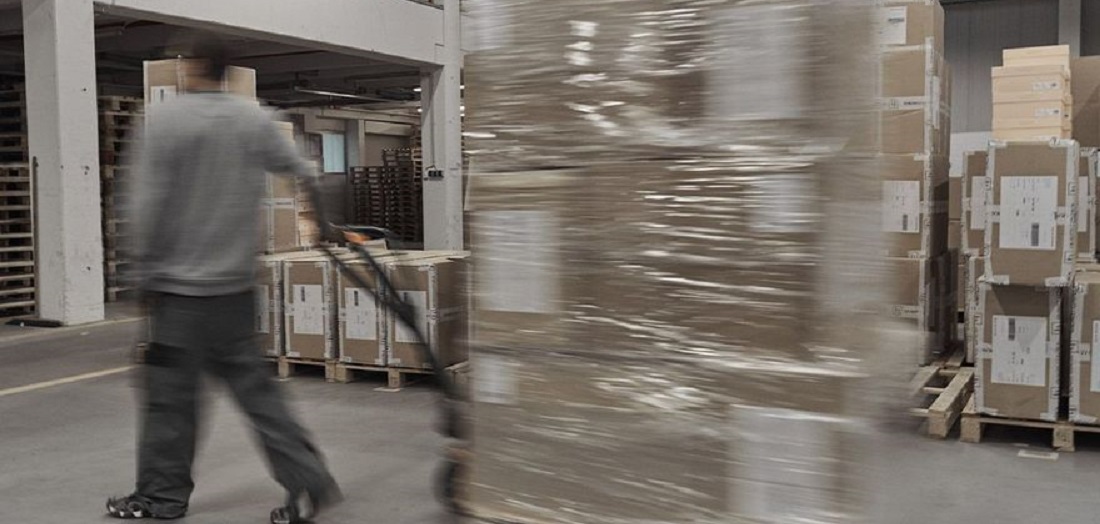
European retailers truck in consumer goods from China
Oct, 25, 2021 Posted by Ruth HollardWeek 202141
Shoe distributor Hamm Market Solutions needed to ensure that this year’s fall/winter collection arrived on time in Germany from southern China’s Guangdong province — or risk having to sell 84,000 pairs of heavy-duty casual shoes at a discount.
The company’s head of logistics, Werner Prigandt, knew it would be a risk to bring the shoes by sea, Hamm’s usual method, given the widespread delays caused by congested ports and the lack of containers.
Some European importers had been turning to trains as an alternative, but Prigandt feared he would still struggle to get containers for a rail trip. Shipping the shoes by air would simply be too expensive.
So, in July, Hamm’s supplier loaded the shoes onto 12 trucks. Eleven of them arrived on time at the company’s headquarters in Osnabruck, northwestern Germany, dusty but intact, allowing products to be distributed to stores in September.
“Trucks are independent of the availability of containers, as the cargo is transported loose or on pallets,” said Prigandt. “Although one truck remains stuck at the Sino-Russian border, near Manzhouli, for delays caused by a local Covid-19 outbreak, we are very pleased with the situation.”
Trucking has emerged this year as a good alternative for European importers desperate for options.
In August, two-thirds of the world’s ocean shipments arrived late, a record, according to data compiled by the Danish firm Sea-Intelligence. The average delay reached 7.6 days, also a record.
Source: Valor Econômico
To read the full original article, visit the link:
-
Meat
Oct, 22, 2020
0
China remotely inspects suspended Brazilian slaughterhouses and requests changes
-
Ports and Terminals
Aug, 12, 2024
0
Porto de Salvador Container Terminal Sets Record for July with 43,750 TEUs
-
Ports and Terminals
Jun, 23, 2020
0
Cabotage grew 11.3% between January-April 2020
-
Ores
Dec, 13, 2019
0
Brumadinho: combination of deformations caused dam rupture



